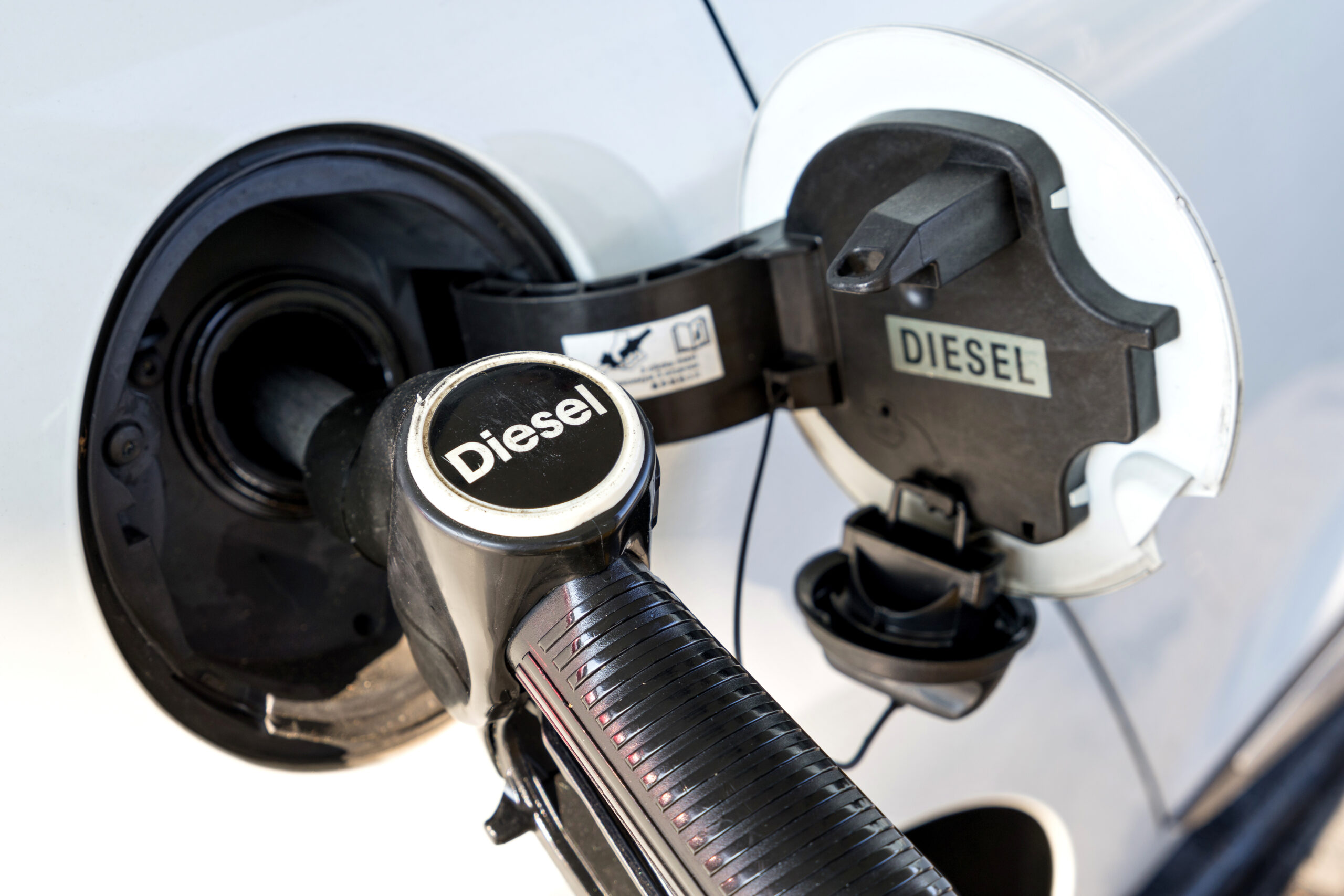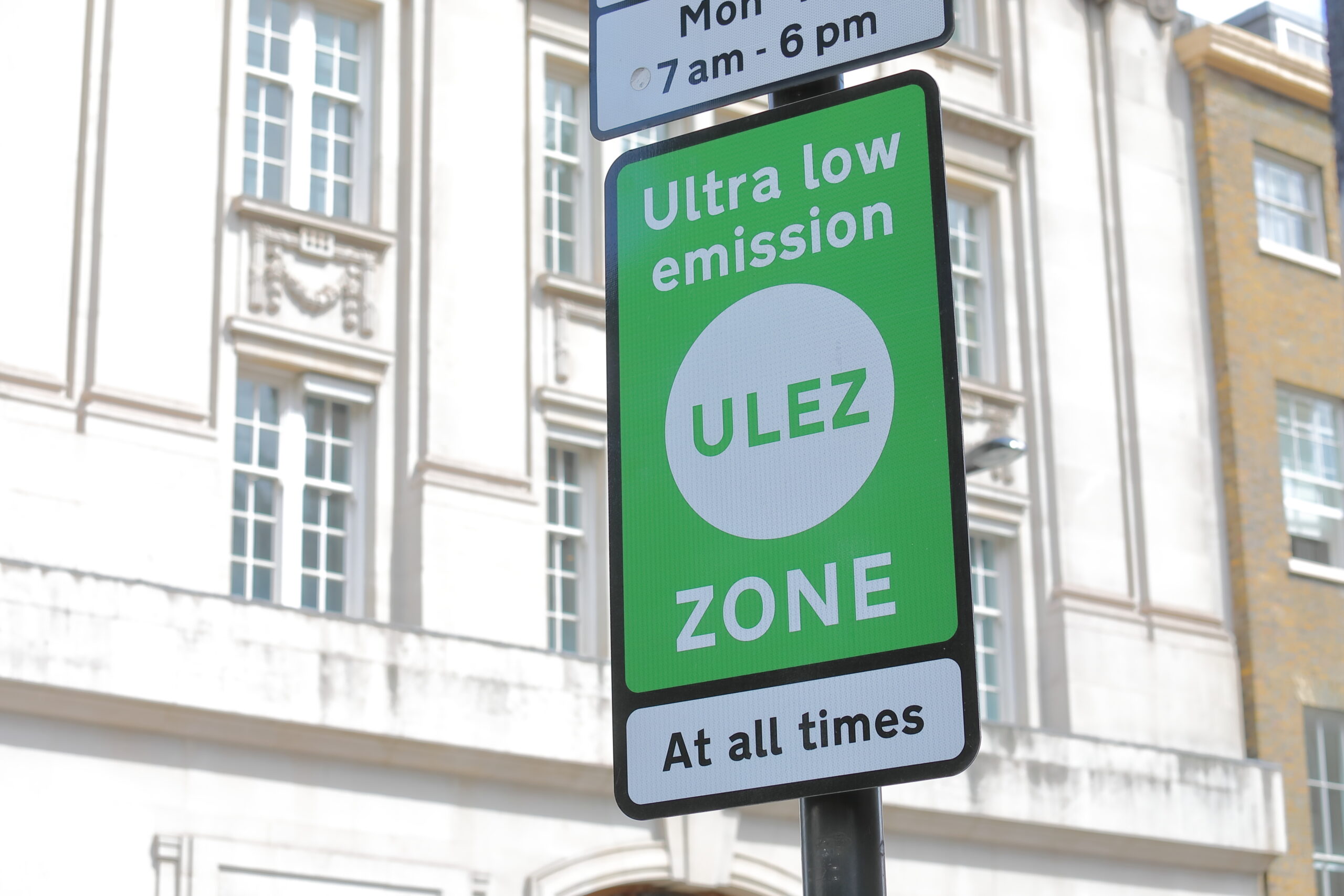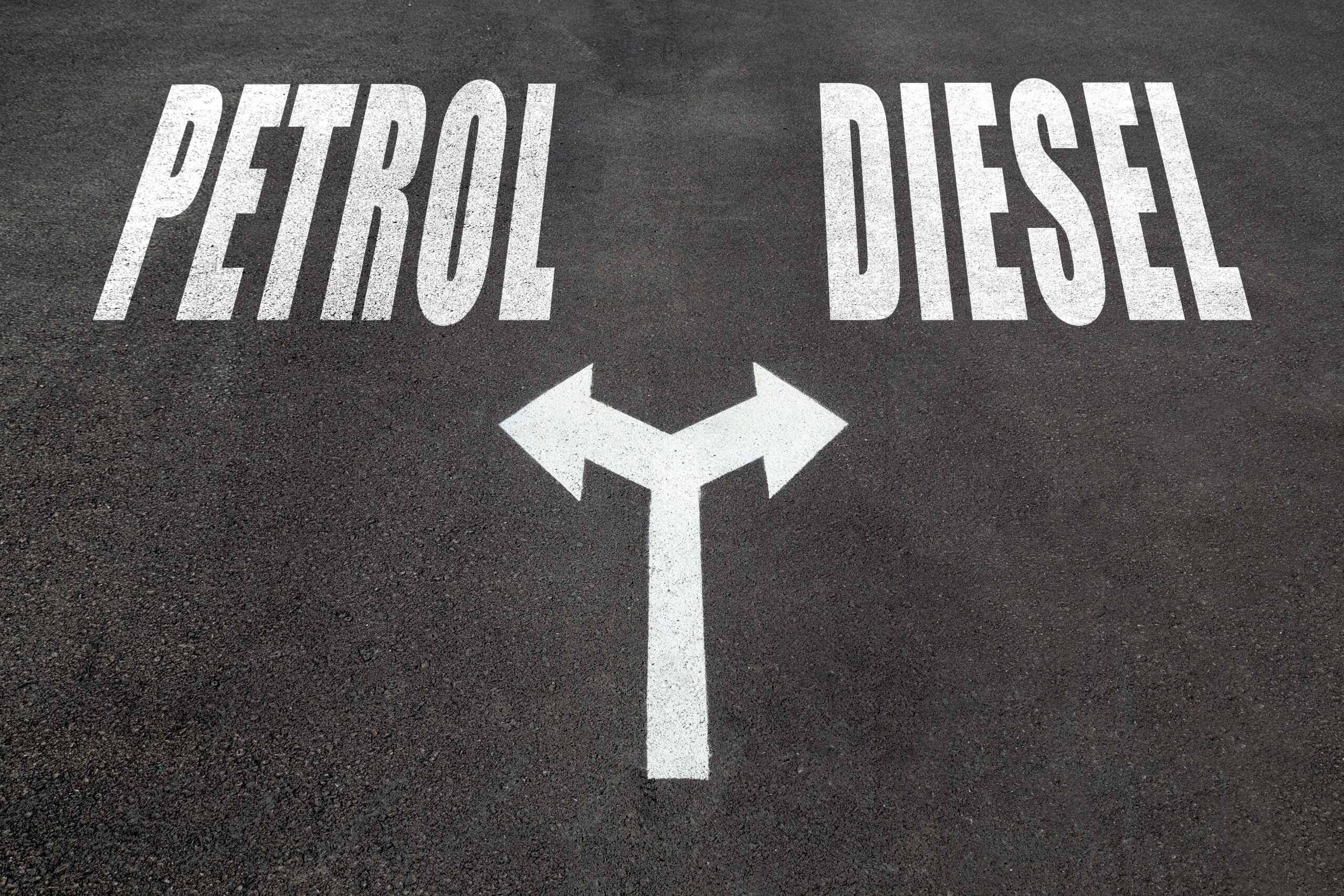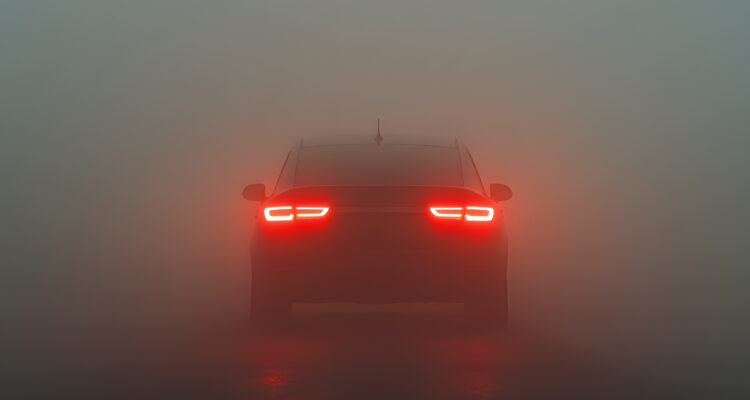The question of whether petrol cars are genuinely cleaner than diesel vehicles has been a subject of debate for years. The issue is not that straightforward, so it’s essential to look further into the differences between the two fuels. In this blog, we try to answer the age-old question: is petrol or diesel better for the environment?
Diesel was once believed to be cleaner than petrol.
Diesel cars were once considered the cleaner alternative to petrol ones, due to their lower average CO2 emissions. In fact about half of all cars currently sold in Europe are diesel powered.[1]
The first diesel cars were invented in the 1930’s, but it wasn’t until 1997 that UK Chancellor Gordon Brown stated they produced less CO2 and so should be given a tax break.[2] This led to diesel cars receiving reduced road tax and increased their popularity among car buyers. Diesel engines underwent significant advancements, making them more desirable than their noisy, polluting predecessors.[3]
Why are people against diesel cars?

However, this attitude shifted drastically by 2016. Despite producing less CO2 than petrol engines, a global emissions scandal revealed that many diesel models gave off far more harmful nitrogen oxides (NOx) than claimed. NOx isn’t a greenhouse gas like CO2, so the worries about it aren’t focused so much on the environment. It is more that it poses significant health risks to humans – especially to our respiratory system.[4] This crisis marked a turning point for diesel’s reputation[5].
How is the government tackling diesel?

Governments, including the UK, responded by trying to reduce diesel vehicles on the road. The UK’s Clean Air Strategy meant local authorities can charge older diesel vehicles a fee when they enter Clean Air Zones.
Additional taxes were imposed on new diesel vehicles that failed to meet emission standards. With London having recently increasing its ULEZ (Ultra-low emissions Zone) on 29th August 2023, your housing location could mean you don’t buy a diesel car.
It’s believed that petrol vehicles are exempt from ULEZ charges if were registered after 2005. Whereas diesel cars generally need to be registered after September 2015 to comply[6]. As a result, diesel car sales have declined, while electric and hybrid models have become more popular.
What gives off more Co2, petrol or diesel?
Carbon dioxide (Co2) emissions from cars are a huge contributor to climate change.
Diesel’s advantage lies in its superior fuel economy, allowing it to cover more miles per litre than petrol. This efficiency suggests that, when comparing similar vehicles, diesel cars emit about 20% less CO2 than Petrol[7].
However – Diesel combustion makes a more complex mix of exhaust gases and chemicals, including harmful particulates. These microscopic soot particles can lead to breathing difficulties and health issues, particularly in cities. So, to combat this – modern diesel engines feature particulate filters that aim to capture up to 99% of these particles[8].
Is petrol or diesel better on long journeys?

The difference between petrol and diesel engines also depends on the types of journeys you take.
Particulate pollution that is more harmful to humans in urban areas, mean having a petrol car in a city may be safer in terms of emissions.
In contrast, rural areas with lots of fresh air disperse pollutants more effectively. Diesel’s greater fuel efficiency on highways makes it appealing for long-distance driving[9].
How can I reduce emissions from my diesel car?
- Don’t accelerate unnecessarily.
- Get your car serviced regularly.
- Turn your engine off if you are stationary for more than one minute.
- Stick to the speed limits, especially on the motorway[10]
The debate over whether petrol cars are cleaner than diesel vehicles is multifaceted. Factors such as CO2 emissions, particulate pollution, and journey types all play a role in determining which option is cleaner. Urban and city residents might lean towards petrol cars, while rural and long-distance drivers may opt for diesel.
However, each car model has its pros and cons. Research a vehicle thoroughly before you make your choice.
Are electric vehicles better than petrol or diesel?
Ideally, fossil fuels wouldn’t be used at all anymore, as they must run out eventually. Plus, burning them gives off harmful gasses. Maybe the next step for you if you want to be kinder to the environment is an electric vehicle?
What is better about electric cars?
- Environmental Benefits are a clear reason to purchase an electric car. Electric cars produce zero tailpipe emissions, reducing air pollution and greenhouse gasses. This helps combat climate change and improve air quality in urban areas.
- They can run on renewable energy. When charged with electricity from renewable sources like solar or wind, electric cars can have an even lower environmental impact, as they effectively run on clean energy.
- Electric cars are highly efficient at converting energy from their batteries to propulsion, typically more so than petrol and diesel vehicles.
- Many governments offer incentives, tax credits, and rebates for purchasing electric cars to encourage people to buy them. These incentives can help offset the higher upfront cost of electric vehicles.
The UK is set to ban the production of petrol and diesel cars by 2030. Choosing an electric car can be a forward-looking choice as the technology continues to advance and fossil fuels run out.
However, it’s essential to consider your specific needs, including your driving habits, access to charging and budget, when deciding whether an electric car is the right choice for you.
Want to learn more about the environment? Check out our blog on ‘7 ways you can reduce your food waste.’
Looking for more ways to be a sustainable driver? Here at Vavista we plant a tree for every car insurance policy sold.
[1] Diesel cars: Is it time to switch to a cleaner fuel? – BBC News
[2] https://www.rac.co.uk/drive/advice/emissions/diesels/
[3] Diesel cars: Is it time to switch to a cleaner fuel? – BBC News
[4] https://www.qld.gov.au/environment/management/monitoring/air/air-pollution/pollutants/nitrogen-oxides#:~:text=Environmental%20and%20health%20effects%20of,can%20cause%20chronic%20lung%20disease.
[5] Volkswagen: The scandal explained – BBC News
[6] Ulez: What does it mean for counties around London? – BBC News
[7] Carbon emissions up as diesel sales dive – BBC News
[8] Air pollution: Are diesel cars always the biggest health hazard? – BBC News
[9] Fuel Cost Calculator – GoCompare | Journey Price Calculator
[10] https://www.bbc.co.uk/news/business-33254803



